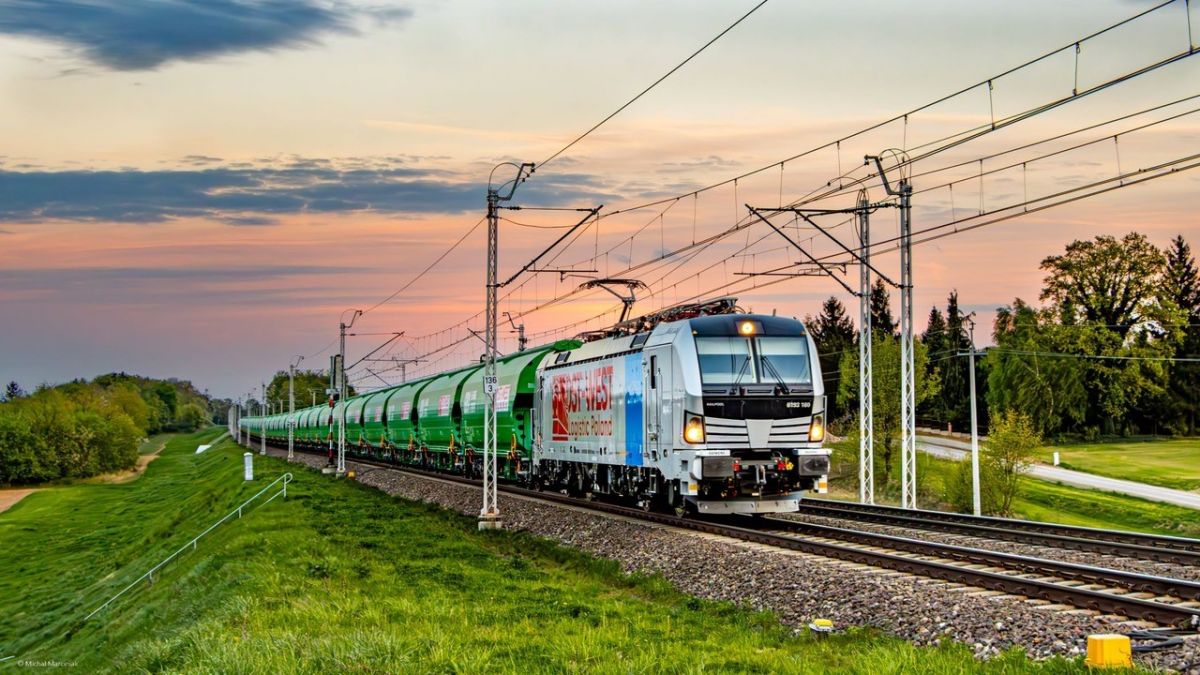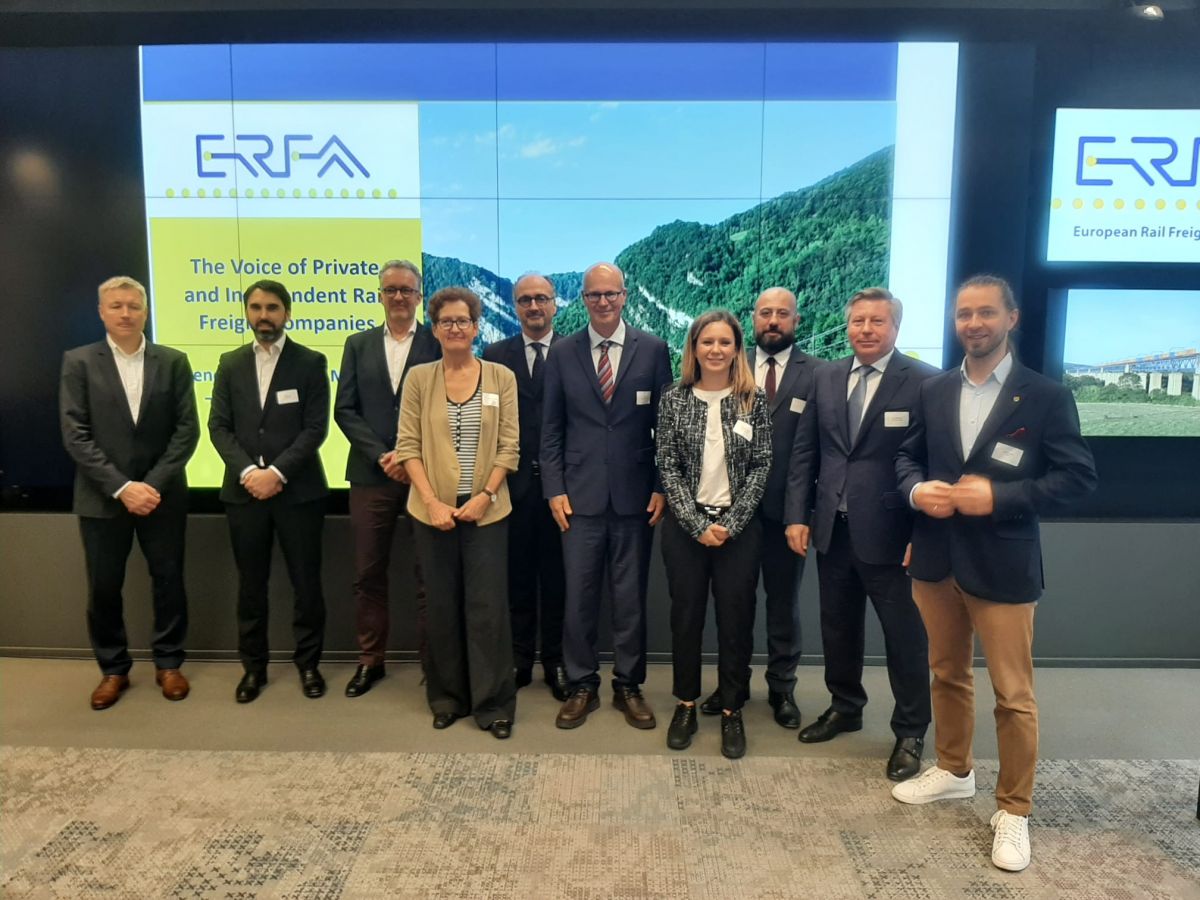On 23 September, the European Commission released a study on the benefits of competition for rail passenger and freight services. For rail freight, the study found that competition is delivering increased and more diverse transport services, higher service quality and accelerated modernisation of historical incumbents. However, the document also identified several concerns of the sector, including poor state of the infrastructure, unaffordable technological upgrades, unfair State Aids, and complexity of cross-border operations.
ERFA welcomes the Commission study on passenger and freight rail transport services’ prices for final customers. More than two decades after the gradual market opening of the rail freight business in the EU, the study pointed out to some of the major benefits that came with competition, largely echoing the main findings of the 2022 ERFA Study on market opening and some of the proposals of the ERFA Manifesto for 2024-2029.
New entrants, whose market share continues to increase, have provided more efficiency in asset management and human resources while influencing incumbents to modernise their practices. They have also brought to the market additional services and new rolling stock, often coming from newly created and vibrant second-hand and leasing markets. Finally, customers experienced lower prices.
However, the study reports major remaining challenges to competition. The network is facing difficulties in providing sufficient and good-quality capacity to absorb the additional traffic. Operators struggle to afford technological upgrades such as ERTMS on-board units. Cross-border operations remain complex with numerous delays at border crossings, and poor coordination of capacity paths between neighbouring infrastructure managers.
ERFA President, Dirk Stahl, stated, “This Commission study must become a blueprint for the rail agenda of the appointed Transport Commissioner. Apostolos Tzitzikostas should make a priority to overcome the identified challenges to competition in the rail freight market. This is essential to complete the SERA and allow rail freight market share to grow.”
ERFA Secretary General, Conor Feighan, concluded, “We particularly welcome that the study highlights the importance of safeguarding capacity rights for rail freight as defined in the Commission proposal on Infrastructure Capacity Use. The new Commission should work tirelessly to defend the spirit of its proposal and convince the Council that the current fragmented framework is detrimental to rail freight’s development and must end.”
-1727190088.jpg)

